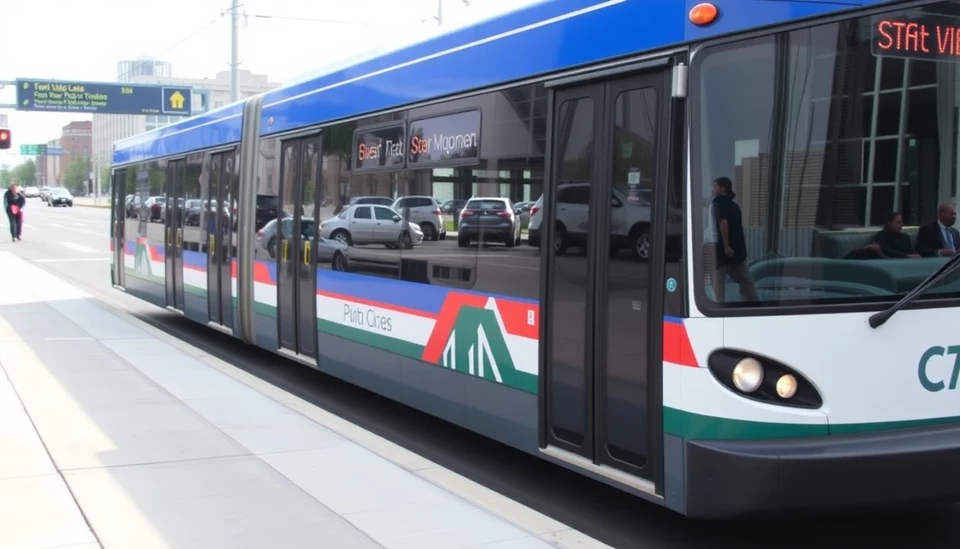
In a bold move to revitalize its public transit system, Massachusetts has announced an extensive funding initiative amounting to $8 billion. This significant investment aims to enhance transportation infrastructure across the state, addressing long-standing issues and improving overall service for millions of residents who rely on public transportation daily. Governor Maura Healey heralded the plan as a critical step towards modernizing transit options while combating climate change and promoting economic growth.
The funding will be allocated to various initiatives aimed at improving service reliability, expanding capacity, and ensuring the public transit system is better equipped to handle the challenges of the future. Notably, approximately $4 billion will be dedicated to critical repairs and upgrades, including the replacement of aging trains and buses, along with necessary track repairs to improve the safety and efficiency of the system.
Another $2 billion is earmarked for new projects, which include the expansion of services in underserved areas, enhancing commuter rail lines, and investing in cutting-edge technology to streamline operations. These measures are aimed at not only attracting new riders but also ensuring that the existing ridership is satisfied and safe as they navigate the transportation network.
Furthermore, the plan highlights a commitment to environmental sustainability. Significant portions of the investment will support the transition to electric buses and other eco-friendly alternatives. This is seen as part of a broader strategy to reduce greenhouse gas emissions and transition to more sustainable transit solutions, aligning with the state's ambitious climate goals.
The plan has garnered support from various stakeholders, including urban planners, environmentalists, and community organizations, who have long advocated for improved public transit options. There is a collective understanding that accessible and efficient transport is essential for economic mobility and community development, particularly in a state with significant urban centers like Boston.
While the proposal is ambitious, it also faces challenges ahead, including potential pushback from budget-conscious lawmakers and concerns about equitable distribution of resources across the state’s diverse regions. Advocates are urging the government to ensure that all communities benefit from the upgrades, particularly those historically underfunded in terms of public services.
As discussions progress, state officials are expected to engage in dialogues with the community to ensure transparency and address any concerns. The passage of this funding plan could set a precedent for future investments in public transportation across the nation, providing a model for other states grappling with similar infrastructural issues.
In summary, Massachusetts’ $8 billion investment in public transit marks a pivotal moment for the state's transportation future. As it embarks on this extensive plan, the hope is to foster a more efficient, equitable, and environmentally friendly transit system that meets the needs of its residents for years to come.
#MassachusettsTransit #PublicTransitInvestment #SustainableTransportation #InfrastructureReform #ClimateAction #GovernorHealey #TransitExpansion #ElectricBuses
Author: John Harris




